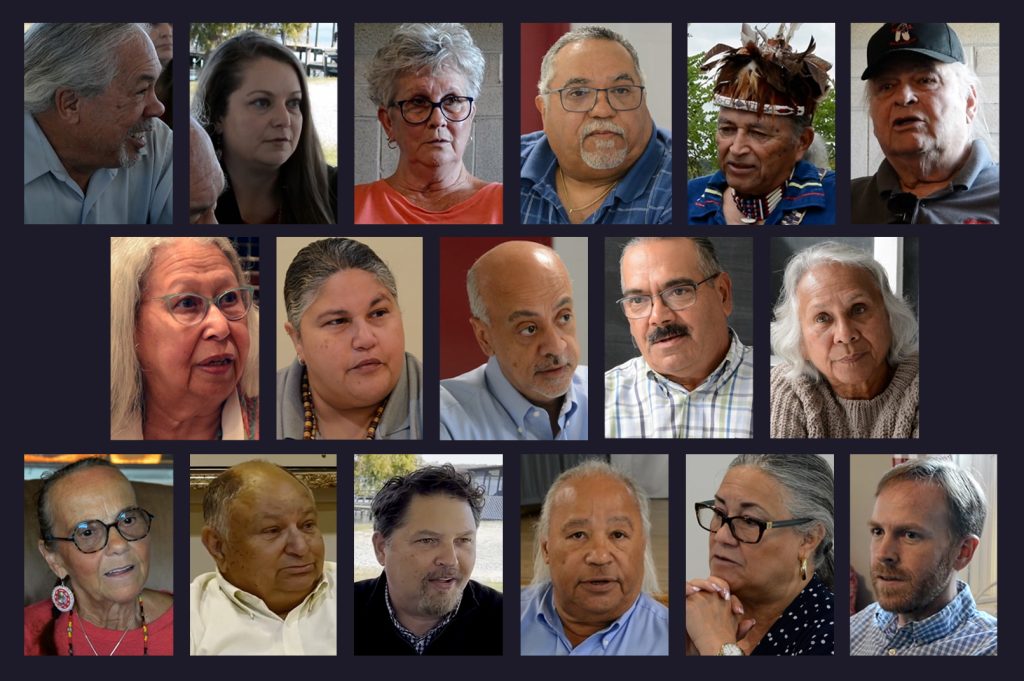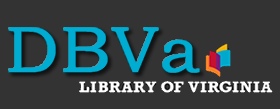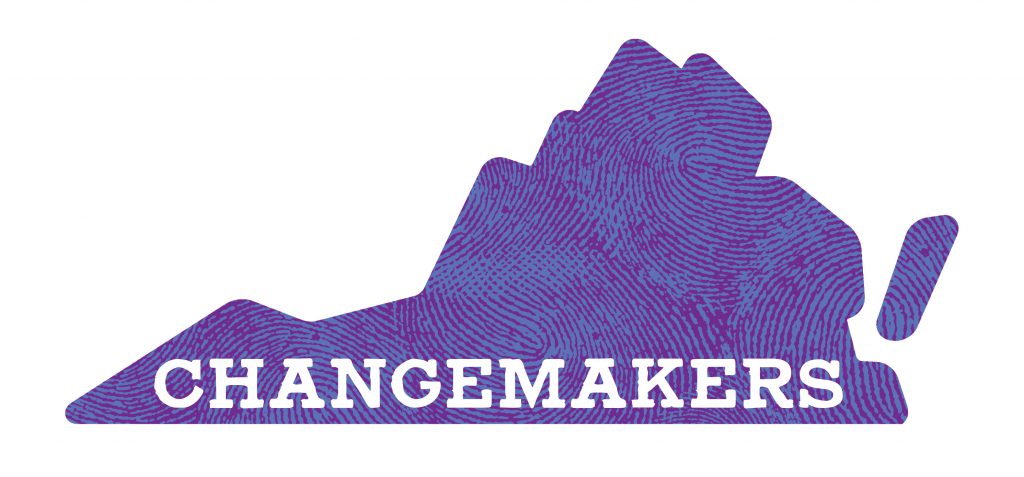
Indigenous Perspectives examines aspects of the Library of Virginia’s collections through the lenses of the 11 federally and state-recognized Virginia tribes. Our collections include documents related to Indigenous Virginians from the state’s origins as an English colony until the present. These records both documented and purported to justify the process of colonization, land dispossession, and sometimes eradication of Indigenous peoples. Nevertheless, the Library’s collections also contain records created by Indigenous peoples that represent their worldview and that challenge the accepted narrative. We have compiled these resources as a reference for teachers and students learning about the history and culture of Virginia Indians. Learn more by downloading the Library’s Guide to Resources on Virginia Indians (pdf).
John Smith’s Map and the Recovery of Tribal Pasts
In this video, tribal citizens of Virginia’s state recognized tribes reflect on what Captain John Smith’s map means to them. Smith explored the Chesapeake Bay and its adjacent waterways in 1608. He interacted with Indigenous peoples and relied on them for information about the region they knew as Tsenacomoco. The names and locations included on the map have preserved Indigenous knowledge of the land and the people living there.

Indigenous Perspectives: Indian Schools in Virginia
In this interactive display, explore different sites where Virginia Indian students attended school between the 17th and the 20th centuries. Colonialism, racial segregation, and other forces impinged on these efforts, yet some tribes were able to control their own schools. For many years, members of Virginia tribes were denied access to public high schools and as a result had to leave home to earn a high school diploma.

Indigenous Perspectives: Tribal Voices
In these video interviews, tribal citizens of Virginia’s state recognized tribes offer reflections on our exhibition themes of retaining tribal culture, identity, resistance, tribal sovereignty, the land and environment, and the future of Virginia’s tribes that enlarge our understanding of documents in the Library’s collections.

Document Bank of Virginia
Document Bank includes classroom resources about Virginia Indians throughout the history of the commonwealth. Browse the American Indian History theme to find documents from the Library’s collections.

Shaping the Constitution
Shaping the Constitution features important primary source documents from the Library of Virginia and the Library of Congress related to the U.S. Constitution. It is an educational resource for teachers and students exploring the beginnings of the U.S. government and Virginia’s connections to those events, as well as subsequent amendments that have continued to change the course of our national history. Browse the American Indian History theme.

Virginia Changemakers
Virginia Changemakers brings together the remarkable lives of Virginians who have made a difference in their community, state, and nation and have been honored through the Library of Virginia’s signature programs Strong Men and Women in Virginia History (celebrating Black History Month), Virginia Women in History (celebrating Women’s History month), and New Virginians (celebrating the state’s diverse immigration history). Search by tribal names or Virginia Indian.

Virginia Newspapers Online
Virginia Chronicle provides free access to more than four million newspaper pages from the commonwealth and beyond. These full-text searchable and digitized images give glimpses into the lives of Virginians from 1787 to 2022. Select the Help tab for tips on searching Virginia Chronicle.

Legislative Petitions
Legislative petitions to the General Assembly were the primary catalyst for legislation in Virginia from 1776 until 1865. The right to petition was not restricted by class, race, or sex. Petitions included requests for public actions such as building turnpikes as well as private actions such as divorce. Virginia Indians submitted petitions to the Assembly, often related to their land. Learn more about Legislative Petitions in the Library’s online Research Guide.

Virginia Untold
Virginia Untold: the African American Narrative provides digital access to records that document some of the lived experiences of enslaved and free Black and multiracial people in the Library of Virginia’s collections. Freedom suits filed by enslaved men and women were sometimes based on their descent from an Indian woman who by law was free. Search freedom suits in the Library’s Digital Collection.
